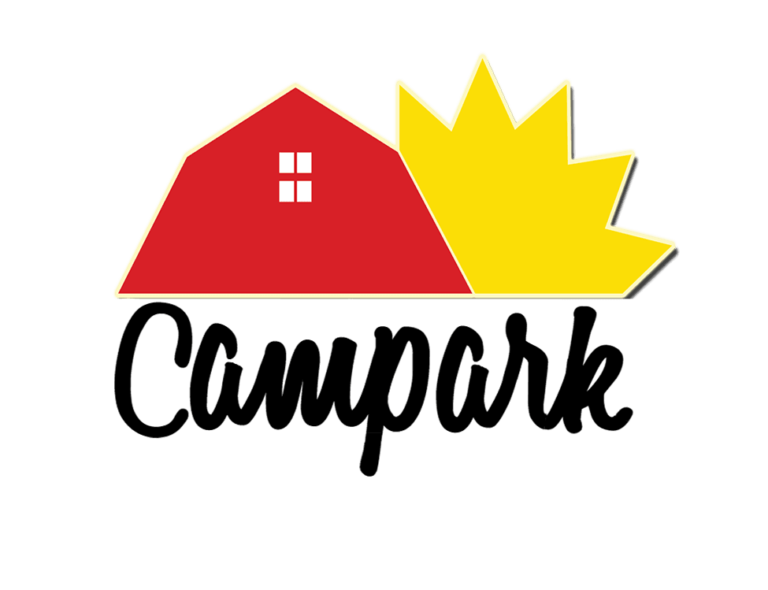Choosing the right tent is essential for a successful camping trip. With so many options available, it can be overwhelming to decide which tent best suits your needs. This buying guide will help you understand the different types of tents, key features to consider, and tips for making the best purchase. Whether you’re a seasoned camper or a beginner, this guide will ensure you find the perfect tent for your outdoor adventures.
Types of Tents
Dome Tents: Dome tents are the most popular type of tent, known for their simple design and ease of setup. They feature two or more flexible poles that cross in the center, forming a dome shape. These tents are easy to set up, stable, and durable, providing good headroom and being suitable for various weather conditions. However, they tend to have limited floor space compared to other designs. Dome tents are ideal for general camping, backpacking, and family trips.
Cabin Tents: Cabin tents have near-vertical walls, providing ample headroom and living space. They are designed for comfort and can accommodate larger groups. These tents are spacious with high ceilings, often featuring multiple rooms and dividers. While they offer great comfort for extended stays, they are heavier, bulkier, and take longer to set up. Cabin tents are best for family camping, car camping, and long-term stays.
Tunnel Tents: Tunnel tents are constructed with flexible poles arranged in parallel arcs, creating a tunnel-like shape. They offer a good balance between space and weight, providing a spacious interior that is aerodynamic and stable in windy conditions. However, they can be difficult to set up alone and offer less headroom in the center. Tunnel tents are perfect for backpacking, cycle touring, and group camping.
Pop-Up Tents: Pop-up tents are designed for convenience, with a frame that automatically unfolds when the tent is removed from its carrying bag. These tents are extremely quick to set up, lightweight, and portable. On the downside, they are less durable and offer limited weather resistance. Pop-up tents are suitable for short camping trips, festivals, and beginners.
Backpacking Tents: Backpacking tents are lightweight and compact, designed for hikers and backpackers who need to carry their gear over long distances. These tents are easy to carry and efficient in design, but they typically offer limited space and are usually more expensive. Backpacking tents are best for backpacking, hiking, and minimalist camping.
Key Features to Consider
When choosing a tent, consider its capacity, which typically refers to the maximum number of occupants without much extra space for gear. It’s usually a good idea to choose a tent with a slightly larger capacity than you need for added comfort. Tents are also categorized by the seasons they are designed for: 3-season tents are suitable for spring, summer, and fall; 4-season tents are built to withstand harsh winter conditions; and 1-season tents are primarily for summer use.
The weight of the tent is crucial, especially for backpackers and hikers. Lighter tents are easier to carry but may sacrifice some durability and space. The ease of setup is another important factor; pop-up tents and dome tents are known for their quick and straightforward setup, while cabin tents and tunnel tents may require more time and effort. Weather resistance is essential, so look for tents with strong, durable materials and waterproof coatings. Additional features like vestibules, multiple doors and windows, interior pockets, and footprints can enhance your camping experience.
Tips for Making the Best Purchase
Choosing the right tent involves considering various factors, including the type of camping you plan to do, the number of occupants, and the features that matter most to you. When selecting a tent, ensure it matches your camping style and provides the necessary comfort and protection. Regularly inspect tents for wear and damage, and practice setting up your tent at home before your trip to ensure you understand the process.
Your Next Outdoor Adventure Awaits
Selecting the right tent is essential for a comfortable and enjoyable camping experience. By understanding the different types of tents and their key features, you can make a better informed decision that suits your personal needs. The right tent will ensure you have a memorable time in the great outdoors. Happy camping!
For more information or to plan your next camping trip, visit Campark’s Contact Page.


